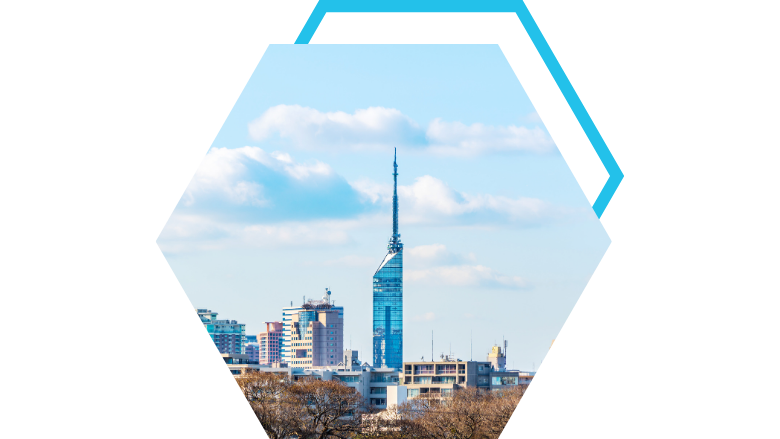Value for money is a fundamental aspect of quality infrastructure investment. It considers the total cost of an infrastructure asset’s life cycle, including operations, maintenance, and construction. Applying QII.2, for example, would consider the value of innovative technologies and the potential impact of risks of delays and cost overruns of infrastructure projects.








